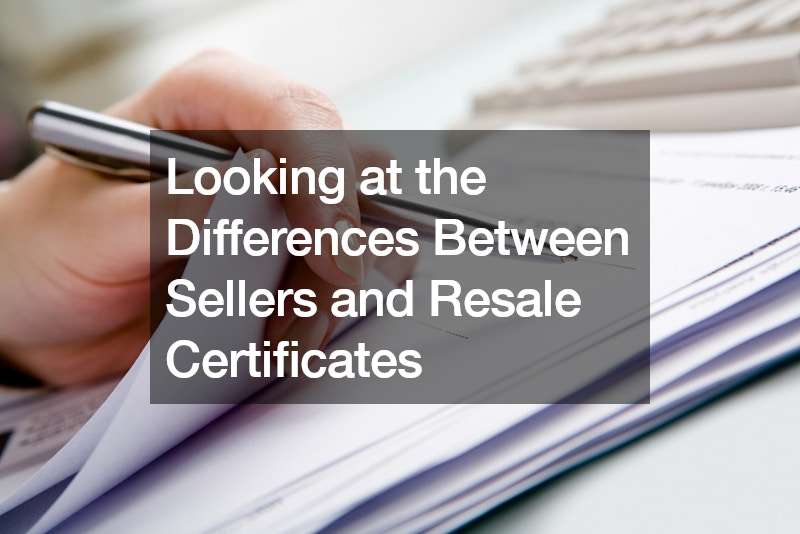
When it comes to sales tax obligations, understanding the differences between sellers and resale certificates is crucial. Sellers are typically responsible for collecting and remitting sales tax to the appropriate tax authorities. On the other hand, resale certificates are documents that allow qualified businesses to purchase goods for resale without paying sales tax at the time of purchase. The primary purpose of a resale certificate is to provide evidence that the items purchased will be resold and therefore not subject to sales tax. Businesses that purchase goods for resale can use resale certificates to buy inventory without incurring sales tax, ultimately reducing their overhead costs.
Sales tax certificates, including resale certificates, are typically issued by state tax authorities and must be obtained by businesses before they can make tax-exempt purchases. To qualify for a resale certificate, businesses must meet certain criteria set by their state’s tax agency, such as having a valid sales tax permit and operating within the scope of their business activities. Overall, while both sellers and resale certificates play a role in sales tax compliance, they serve different purposes. Sellers are responsible for collecting and remitting sales tax, while resale certificates enable businesses to make tax-exempt purchases for resale purposes. Understanding these differences is essential for businesses to remain compliant with sales tax regulations and avoid unnecessary tax liabilities.





